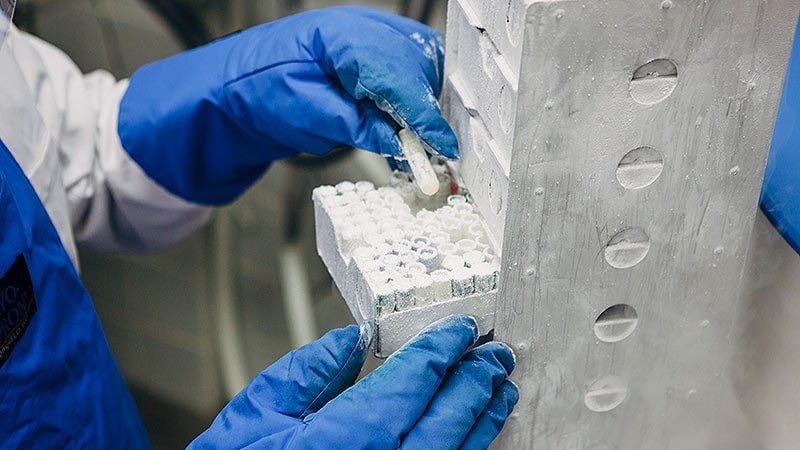Ultraprocessed Food Increases Disease Burden in UC
TOPLINE:
Consuming ultraprocessed foods increases the number of episodes of gastrointestinal symptoms and intestinal inflammation in adults with established ulcerative colitis (UC).
METHODOLOGY:
- Ultraprocessed food consumption has been associated with an elevated risk for incident inflammatory bowel disease (IBD), but limited research has been conducted on the impact of such a diet on disease burden in individuals with established IBD.
- This study investigated the relationship between ultraprocessed food consumption and disease activity and intestinal inflammation in 135 adults (mean age, 44.9 years; 70% women) with IBD (34.8% with UC and 65.2% with Crohn's disease) from the Manitoba Living with IBD study.
- Disease activity was assessed using the IBD Symptom Inventory score, and intestinal inflammation was assessed by measuring fecal calprotectin levels.
- The Harvard Food Frequency Questionnaire was used to assess the type of diet followed by the participants; 62 of 153 food items in this questionnaire were categorized as ultraprocessed.
- The percentage of total energy consumed from ultraprocessed foods was the primary indicator for ultraprocessed food intake, which was calculated and divided into three even groups on the basis of tertiles.
TAKEAWAY:
- In the IBD cohort, patients consumed 45% of their calories from ultraprocessed foods.
- During the 1-year follow-up period, the mean number of episodes of active disease (14.2 vs 6.2, P = .012) and active inflammation (1.6 vs 0.6, P = .018) was higher among patients with UC in the higher vs lower tertile of ultraprocessed food consumption.
- Similarly, a higher consumption of ultraprocessed foods was also positively correlated with a higher number of episodes of active disease (beta coefficient, 7.11; P = .027) and active inflammation (beta coefficient, 0.95; P = .034) over 1 year in patients with UC.
- However, ultraprocessed food consumption did not increase the disease burden among patients with Crohn's disease.
IN PRACTICE:
"[Ultraprocessed food] consumption may be a predictor of active symptomatic disease and inflammation among participants with UC. Reducing [ultraprocessed food] consumption is a dietary strategy that can be suggested for minimizing symptoms and inflammation among people living with IBD," the authors wrote.
SOURCE:
This study, led by Kathy Vagianos, RD, MSc, University of Manitoba IBD Clinical and Research Centre, Max Rady College of Medicine, Rady Faculty of Health Sciences, University of Manitoba, Winnipeg, Canada, was published online in The American Journal of Gastroenterology.
LIMITATIONS:
Participants being asked to recall their food intake for the previous year may have presented recall bias. Symptomatic disease activity was monitored biweekly, but fecal calprotectin levels were only measured at three timepoints. Data on fecal calprotectin levels, disease activity, and diet that is collected simultaneously at multiple timepoints would better establish causality between diet and disease progression.
DISCLOSURES:
The study was supported by the Canadian Institutes of Health Research. Charles N. Bernstein was supported by the Bingham Chair in Gastroenterology and reported ties with various pharmaceutical companies. Lesley A. Graff declared consulting with Roche Canada. Other authors declared no conflicts of interest.


 Admin_Adham
Admin_Adham


